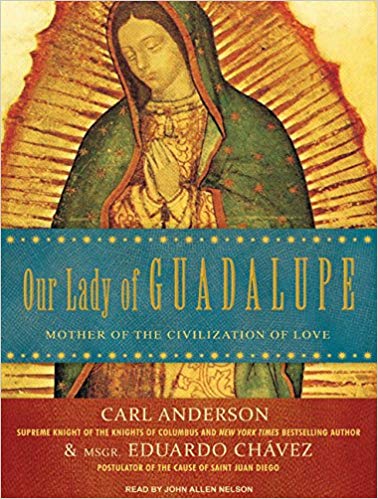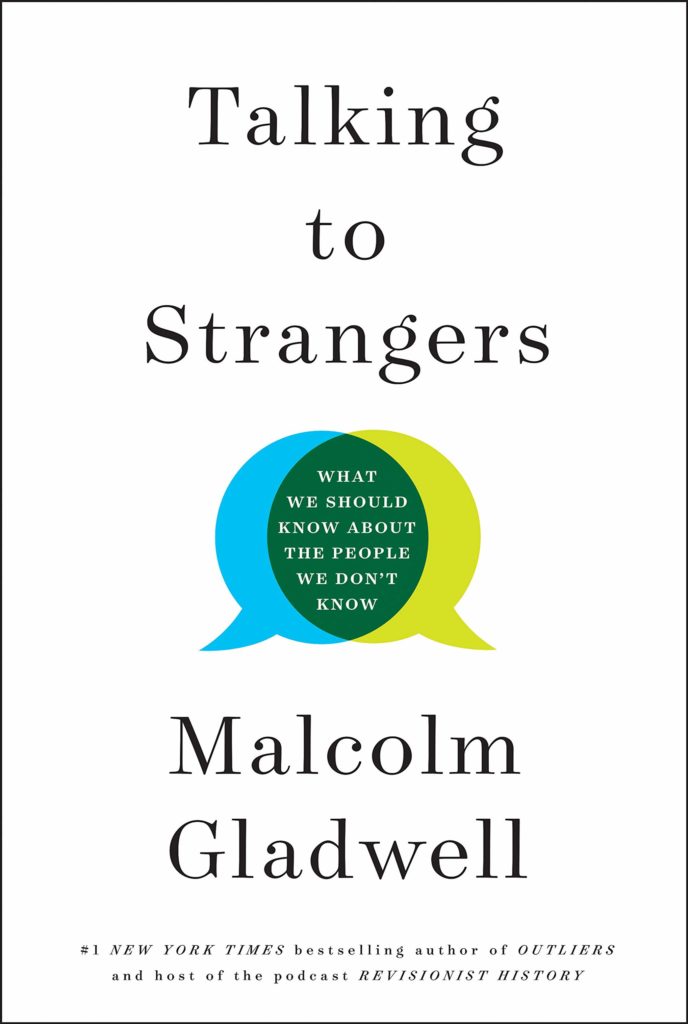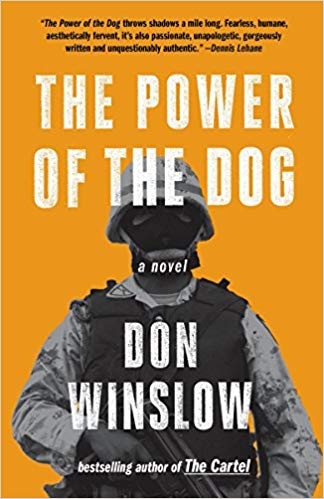I have now completed 22 books in 2019 and four of them are reviewed below. Three of them were not on my original list when I began this year, but sometimes your experiences throughout a year take you onto new paths of discovery.

One of the reasons I chose to read William Golding’s classic novel, Lord of the Flies at this point in my life is because I keep seeing it referenced in many other books I am reading, showing the implications it has had on our culture and so many people’s thoughts and ideas about the world we inhatbit. I believe I probably read this book in middle or high school but it was one worth revisiting because I had barely remembered it and it now takes on so much more meaning. It’s also that many of the themes from this book are repeated in popular culture, including (most easily visible) the television show, Lost..
What happens when you take civilized people, in this case, children, and remove any sense of law, rules, or order? You return those children to savages, who only resort to binding together in tribal warfare against those of the other tribe. As the character Jack tells his friends, “Why should we obey the rules?” His friend Ralph answers: “Because the rules are the only thing we’ve got.” The human race would be savages without a respect for an agreed upon rule of law. I “read” this book by Audible (6 hrs 35 min), and surprisingly, it was read by the author himself!

Just a few days before I left for Mexico City, I read the book, Our Lady of Guadalupe: Mother of the Civilization of Love. I did this in preparation for my visit to the Basilica of Our Lady of Guadalupe, on the site of where she visited Juan Diego in 1531. In 2002, Pope John Paul II canonized Juan Diego as a saint in the Catholic Church. But he first visited this site at the very beginning of his papacy, in 1978, and said, “To understand man, one must delve into the depth of the mystery; to understand a nation, one must come to its shrine.” In this book by Carl Anderson and Ernesto Chavez, the authors insist that “Few shrines express this so clearly as Mexico’s Basilica of Our Lady of Guadalupe. In fact, the history of Mexico becomes incomprehensible without understanding its people’s devotion to Our Lady of Guadalupe.” They also added that, “Although we often recognize Our Lady of Guadalupe’s apparition as a defining moment in the life of St. Juan Diego, it was also a critical turning point for the Indians, the Spaniards, and [Bishop] Zumárraga himself, whose constant conflicts had led him to despair about the future of the land. History’s first quantifiable indication of a massive, radical change in lives beyond Juan Diego’s own was a flood of conversions after the apparitions—inspiring John Paul II to call Our Lady of Guadalupe the first evangelist to Mexico.”
In addition, “At a time when the humanity of the Indians was still contested, the Virgin’s mestiza face and her declaration of motherhood were a truly great expression of the Indians’ humanity. When she declared she was the mother of Juan Diego, Mary removed any doubt: the Indians were indeed children of God and entitled to respect. In her mestiza face, the Indians recognized the Virgin not as a European but as a person of the New World, sharing in their distinct cultural identity and in their unique physical traits. For the Spanish, too, there is a profound message: these children were loved to such a degree that the mother of God took on their appearance, becoming family.”

Talking to Strangers: What We Should Know About
the People We Don’t Know by
Malcolm Gladwell is one of the most unique audio books I’ve ever read. The
author doesn’t just read the book himself, he also weaves in audio clips from
interview subjects. It was like listening to a really long version (nearly 9
hours) of his podcast (Revisionist History), which has become one of my
favorites. I’ve also previously read two of his other books: The Tipping Point and David and Goliath.
Talking to Strangers explores the
very common human condition about encountering strangers. We judge everyone
immediately, but we also “default to truth” and for the most part believe what
other people, including strangers, tell us – whether that be in their words, or
in their body language – and we react based on our own perspective and past
experience.
Malcolm Gladwell takes on many difficult subjects in this book: campus rape and
child abuse cases, suicide, Hitler, Cuban spies, police misconduct, torturing
terrorists, Jerry Sandusky, Bernie Madoff. He covers all of these subjects –
and more – because it is these kinds of encounters of talking to strangers that
are some of the most provocative. And then he demonstrates what these
encounters can teach us about what we should know about the people we don’t
know, in our daily interactions. He opens and closes the book with the high-profile
case of Sandra Bland, who was stopped by a police officer in Prairie View,
Texas in 2015. It led to her arrest, and just days later she committed suicide
in her jail cell. The case is more complicated than we think and Gladwell
explores why.
This book is fascinating. Gladwell is very well known for taking on anecdotes
and being a master storyteller and that is not lacking here. He also adds in
some statistics from studies and interviews with experts in many fields related
to his stories. There’s really no clear answer in how we should talk to
strangers, but I think his overarching message is that we should all approach
strangers with “caution and humility.” That seems like great advice.

The Power of The Dog is a novel by Don Winslow that is a historical fiction. It involves everything related to the drug trade happening between Mexico and The United States. But lots of characters are involved: including the Irish street gangs and Italian mafia from New York City to Los Angeles, prostitutes and high class call girls, Mexican resort towns, politicians and bureaucrats from Mexico City to Washington DC, the Roman Catholic Church, liberation theology, the Pope, the CIA, the DEA, the drug users, the drug dealers, and the multimillionaire drug lords. This book was recommended to me ahead of my trip to Mexico. Luckily, I found Mexico City much more humane and genteel than the stories that this book told, taking place in the 1970s to the 1990s, from the Cold War to the early days of NAFTA. This book was like watching a movie and I highly recommend it for anyone wanting to invest in a powerful, page-turning thriller, as well as anyone wanting to learn more about the implications that the power of the dog has had in Mexico.
